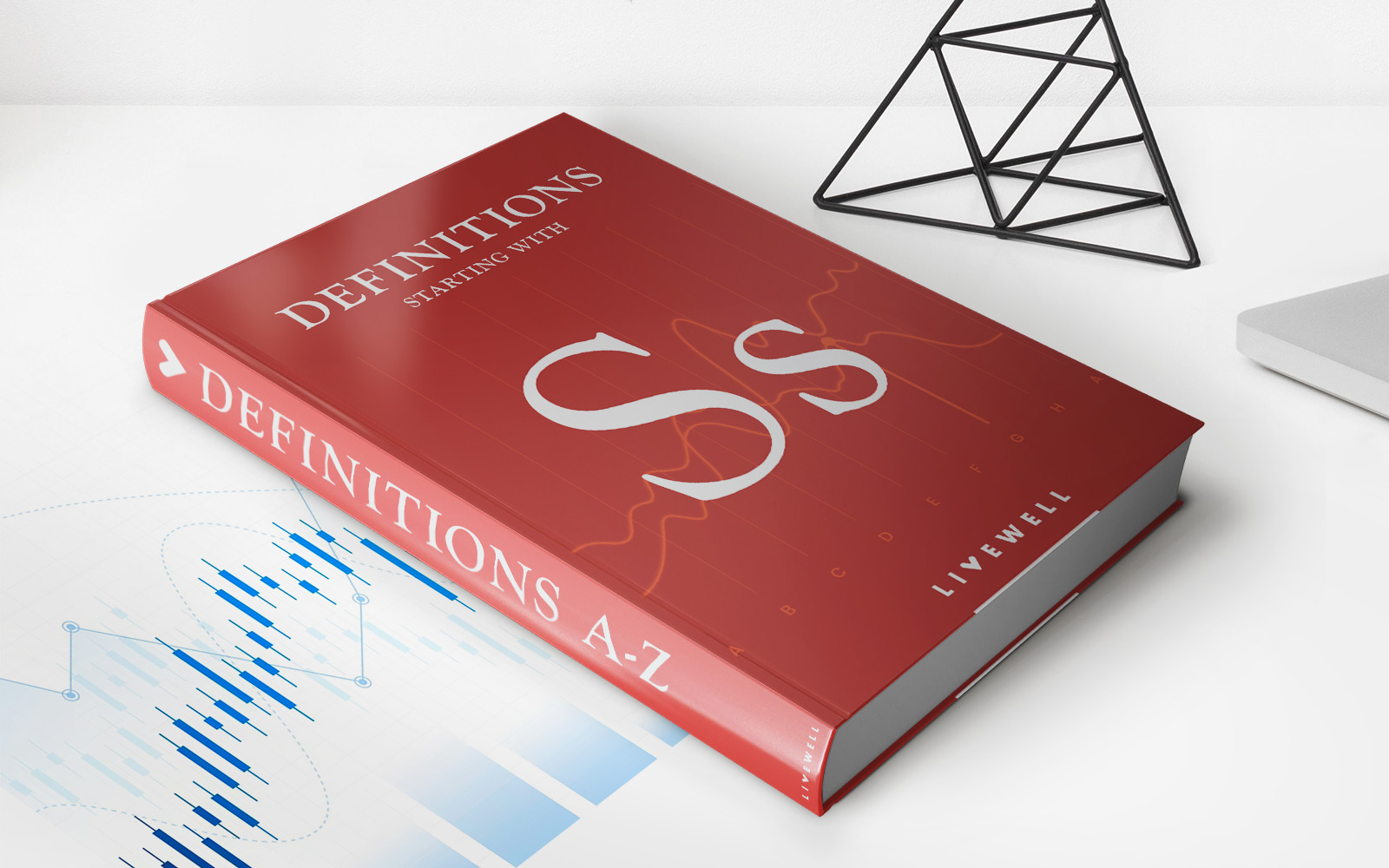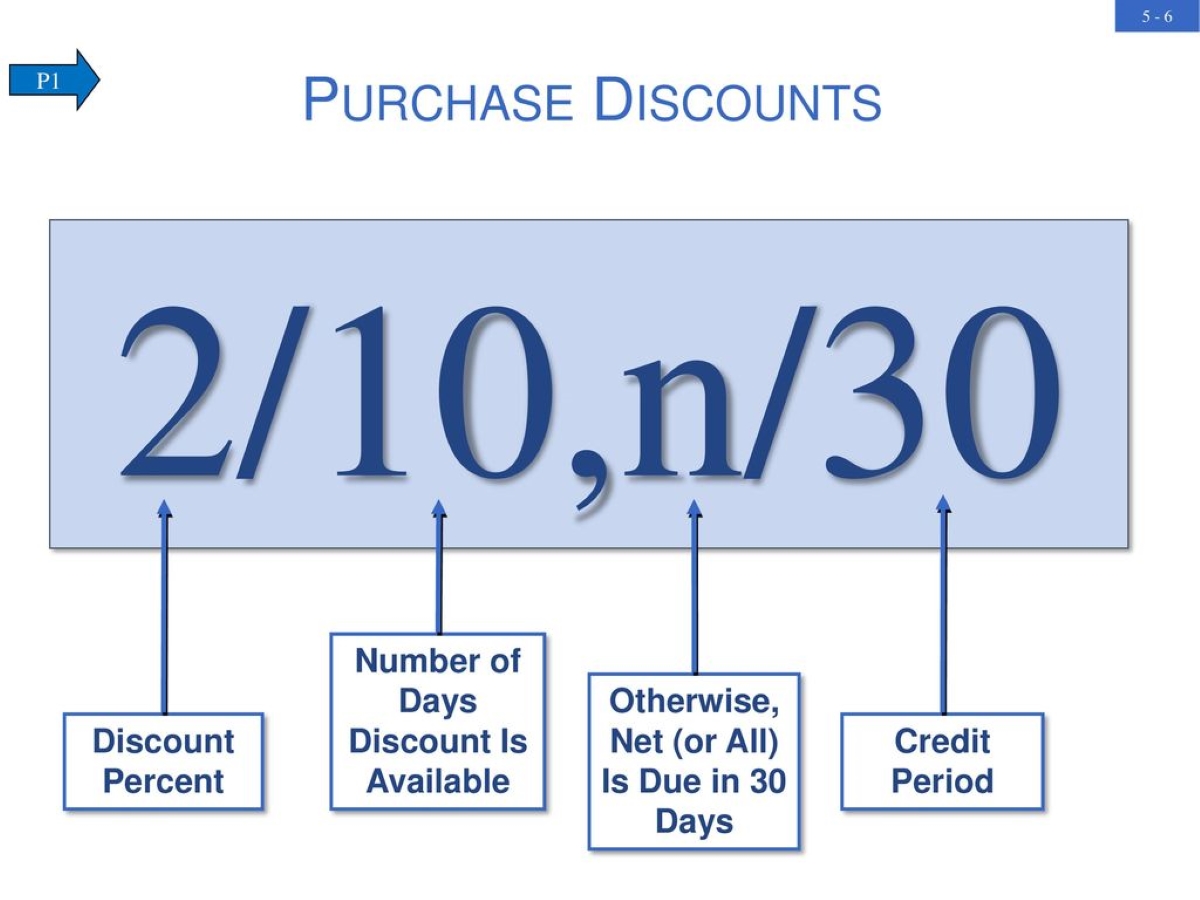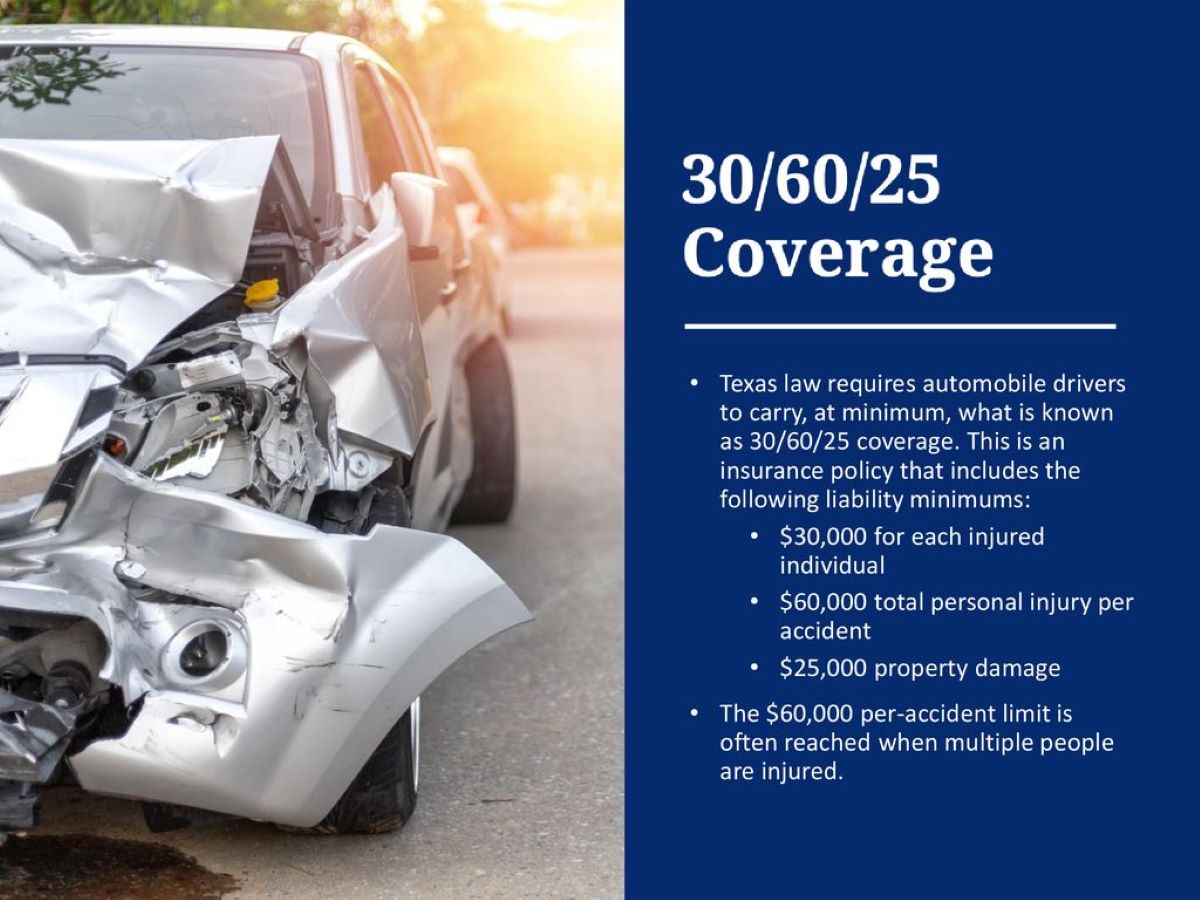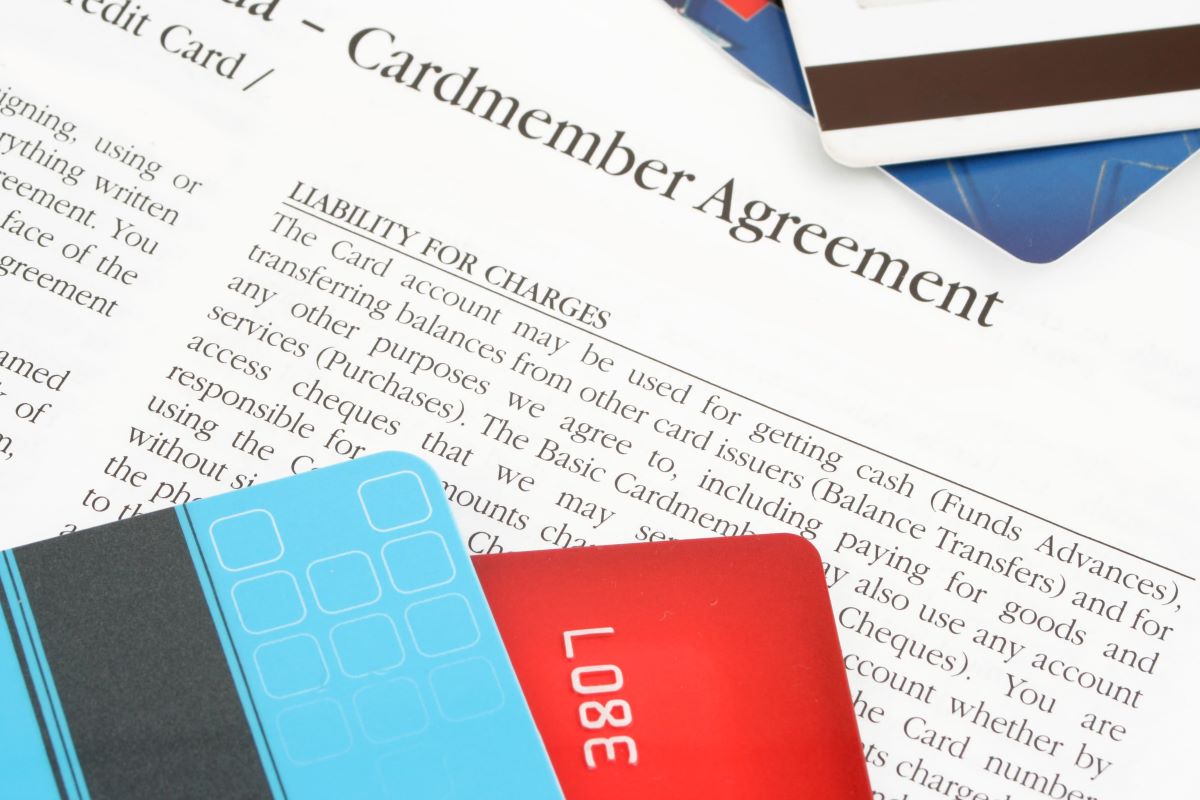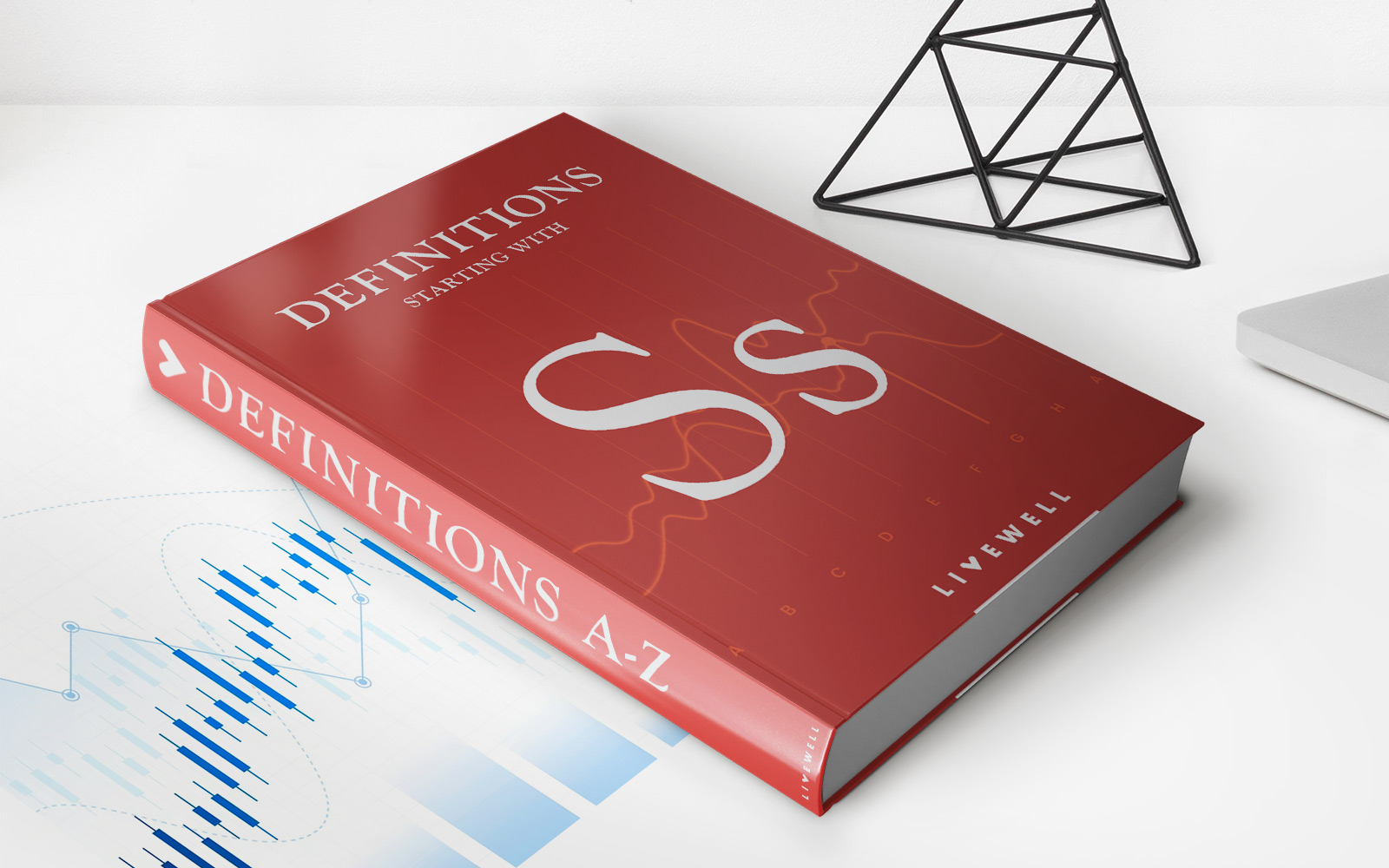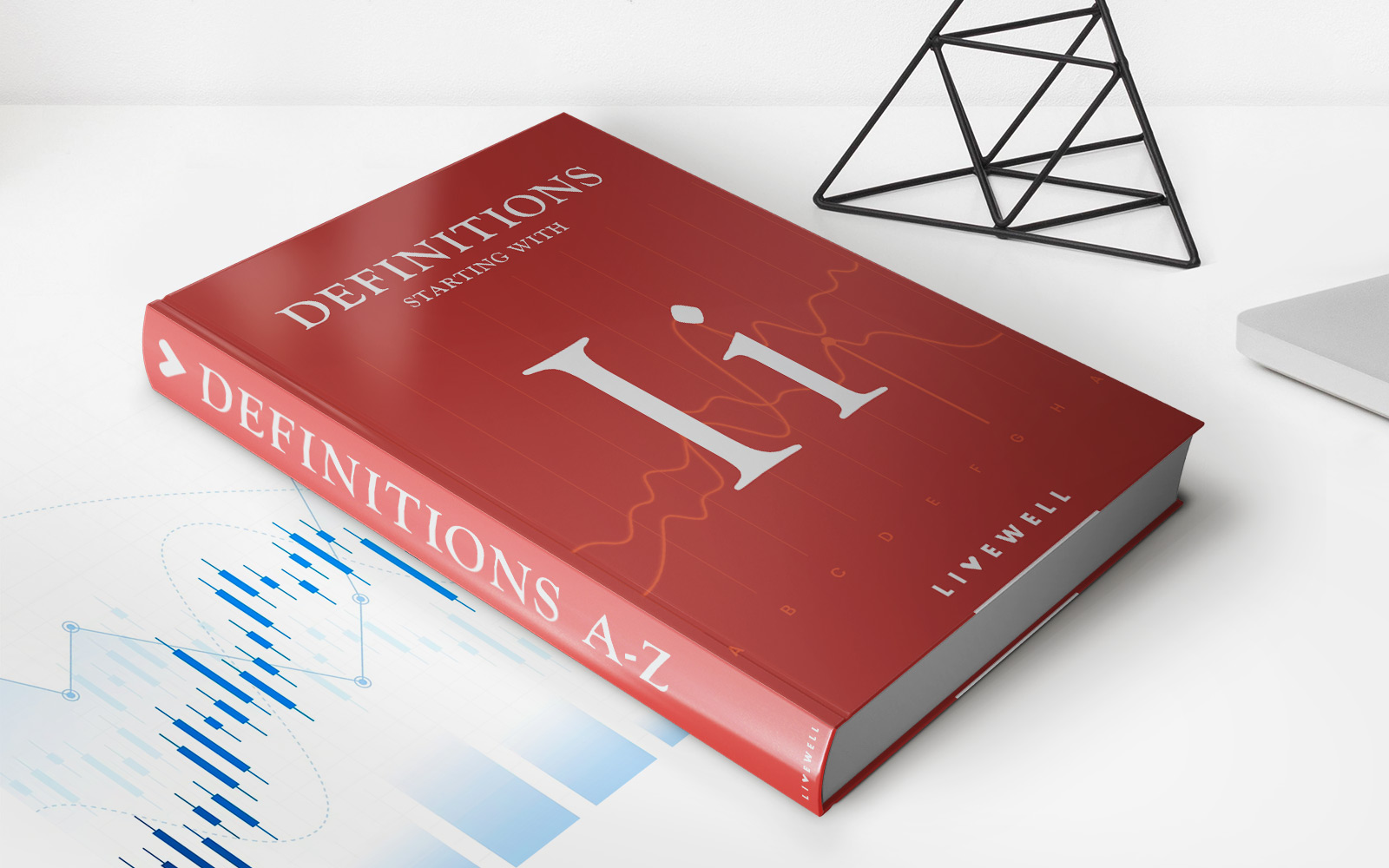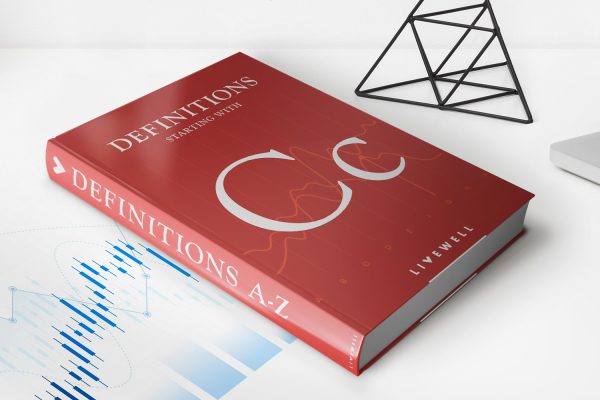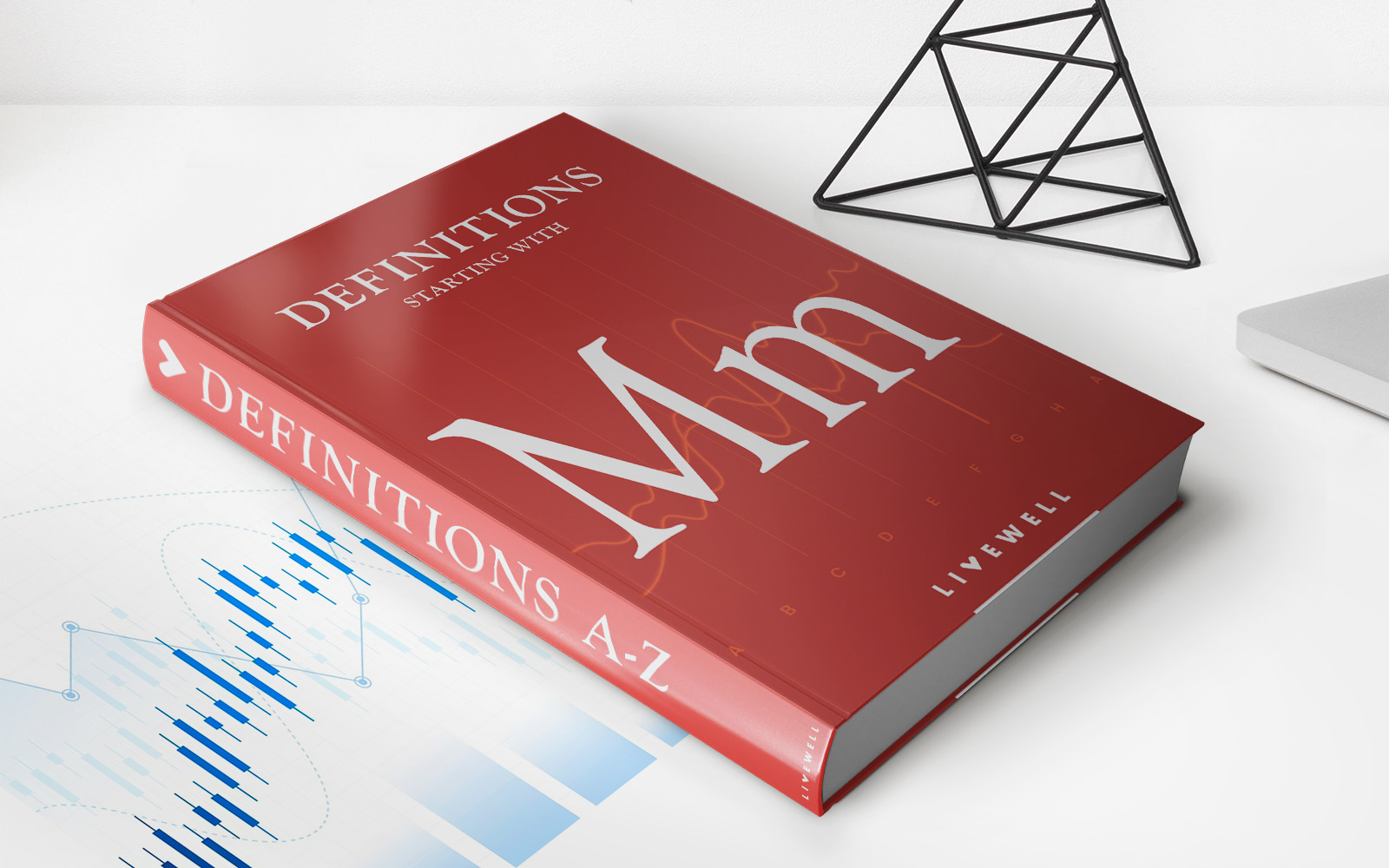Home>Finance>What Does A 30 Or 60 Day Buyouts Of Mortgage Mean?


Finance
What Does A 30 Or 60 Day Buyouts Of Mortgage Mean?
Modified: December 30, 2023
Discover the meaning of 30 or 60 day buyouts of mortgage in the world of finance. Gain insights into how these options work and their potential impact on your financial situation.
(Many of the links in this article redirect to a specific reviewed product. Your purchase of these products through affiliate links helps to generate commission for LiveWell, at no extra cost. Learn more)
Table of Contents
Introduction
When it comes to mortgages, there are various terms and concepts that can be confusing for many homeowners. One such term is the “buyout” of a mortgage. Whether you’ve heard about a 30-day buyout or a 60-day buyout, it’s essential to understand what they mean and how they can impact your financial situation.
In simple terms, a mortgage buyout refers to the process of terminating or settling your mortgage loan before the original maturity date. This can be done by paying off the remaining balance in full. While the idea of paying off your mortgage early may sound appealing, it’s crucial to delve deeper into the specifics to make an informed decision.
In this article, we will explore the differences between a 30-day buyout and a 60-day buyout, along with the benefits they can offer. Additionally, we will discuss some of the considerations you should keep in mind before opting for a buyout. By the end of this article, you will have a better understanding of whether a mortgage buyout is the right choice for you.
Understanding Mortgage Buyouts
Before we dive into the specifics of 30-day and 60-day buyouts, it’s essential to have a clear understanding of what a mortgage buyout entails. When you take out a mortgage loan, you enter into an agreement with the lending institution to repay the loan over a set period of time, typically 15, 20, or 30 years. However, there may come a time when you want to pay off your mortgage early, either because you have the financial means to do so or because you want to refinance your loan.
A mortgage buyout refers to the process of settling your mortgage loan before the original maturity date. This can be beneficial for several reasons. First, it allows you to become debt-free sooner and save money on interest payments over the life of the loan. Second, it can provide you with more financial flexibility and open up new opportunities.
While the concept of a mortgage buyout may sound advantageous, it’s important to weigh the pros and cons and consider the specific terms of your loan. Some mortgage agreements may include penalties or fees for early repayment, while others may have restrictions on the timing of buyouts. It’s crucial to carefully review your loan agreement or consult with a financial advisor to determine the best course of action.
Now that we have a general understanding of mortgage buyouts, let’s explore the differences between a 30-day buyout and a 60-day buyout in more detail.
30-Day Buyouts
A 30-day buyout refers to a scenario where you have the option to pay off your mortgage loan in full within a 30-day timeframe. This means that if you decide to exercise this option, you would need to gather the necessary funds and settle the remaining balance within 30 days of initiating the buyout process.
One of the primary benefits of a 30-day buyout is that it allows you to quickly become debt-free and save money on interest payments. By paying off your mortgage early, you can potentially save thousands of dollars in interest over the life of the loan. Additionally, it can provide you with a sense of financial security and peace of mind knowing that you own your home outright.
However, it’s important to consider the financial implications of a 30-day buyout. Paying off a sizable mortgage balance within a short period of time may require a significant amount of funds. It’s crucial to assess whether you have the necessary resources to complete the buyout successfully. If you don’t have the funds readily available, you may need to explore alternative options, such as refinancing or restructuring your loan.
It’s also worth noting that some mortgage agreements may impose penalties or fees for early repayment. These fees can vary depending on the terms of your loan agreement, so it’s essential to review your mortgage contract or consult with your lender to understand any potential costs involved in a 30-day buyout.
Overall, a 30-day buyout can be a viable option for homeowners who have the financial means to settle their mortgage loan quickly. It provides the opportunity for early debt payoff and potential savings on interest payments, but it’s crucial to consider the financial implications and assess whether it aligns with your current financial situation.
60-Day Buyouts
A 60-day buyout, as the name suggests, refers to the option of paying off your mortgage loan in full within a 60-day timeframe. This gives you a slightly longer period compared to a 30-day buyout to gather the necessary funds and complete the buyout process.
A 60-day buyout can be beneficial for homeowners who need a bit more time to gather the funds required for paying off their mortgage. It provides a slightly more flexible timeline, allowing you to plan and execute the buyout without feeling rushed or under financial pressure.
Similar to a 30-day buyout, a 60-day buyout offers the advantages of early debt payoff and potential savings on interest payments. By paying off your mortgage before the original maturity date, you can save a significant amount of money in interest over the long term. It also provides you with the satisfaction of owning your home outright and the financial security that comes with it.
However, it’s important to consider the potential drawbacks of a 60-day buyout. Firstly, you need to ensure that you can gather the necessary funds within the given timeframe. If you’re unable to meet the deadline, you may face penalties or fees imposed by your lender.
Secondly, a 60-day buyout may only make sense if the savings on interest outweigh any potential penalties or fees associated with early repayment. It’s crucial to calculate the potential savings and compare them with the costs involved to determine if a 60-day buyout is truly advantageous in your specific situation. Consulting with a financial advisor can help you make an informed decision.
Ultimately, a 60-day buyout provides a slightly more flexible option for homeowners who want to pay off their mortgage early. It offers the benefits of early debt payoff and potential savings on interest, but it’s important to carefully assess the financial implications and ensure that you can meet the timeline and any associated costs.
Benefits of a 30 or 60-Day Buyout
Both 30-day and 60-day buyouts offer several benefits for homeowners who are in a position to pay off their mortgage loans early. Let’s explore some of these advantages:
- Interest Savings: One of the primary benefits of a buyout is the potential savings on interest payments. By paying off a mortgage loan before the original maturity date, you can save a significant amount of money in interest over the life of the loan. This can result in thousands of dollars in savings, providing you with more financial freedom in the long term.
- Debt-Free Ownership: Paying off your mortgage early through a buyout allows you to become debt-free sooner. You will no longer have monthly mortgage payments, giving you the freedom to allocate those funds towards other financial goals or enjoy a higher disposable income. It can provide a sense of financial security and give you more control over your financial future.
- Reduced Financial Burden: With a mortgage buyout, you eliminate the monthly financial burden of making mortgage payments. This can provide a significant relief, especially during times of economic uncertainty or when facing unexpected financial challenges. Having one less financial obligation can alleviate stress and help you focus on other important aspects of your life.
- Improved Credit Score: Paying off your mortgage early through a buyout can have a positive impact on your credit score. It demonstrates responsible financial management and can increase your creditworthiness in the eyes of lenders. This can be advantageous if you plan to take out other loans or lines of credit in the future.
- Greater Equity: When you pay off your mortgage early, you build equity in your home at a faster pace. Equity represents the difference between the value of your property and the remaining balance on your mortgage loan. By building equity, you increase your net worth and potentially have more options, such as borrowing against your home’s equity or selling it for a profit in the future.
These benefits apply to both 30-day and 60-day buyouts. However, it’s important to carefully assess your financial situation, consider any potential penalties or fees, and evaluate the long-term implications before opting for a mortgage buyout.
Considerations Before Opting for a Buyout
While a mortgage buyout can offer many benefits, it’s crucial to carefully consider several factors before deciding to proceed. Here are some key considerations to keep in mind:
- Financial Stability: Before opting for a buyout, assess your financial stability. Do you have enough funds to pay off the remaining balance? Will paying off your mortgage early impact your ability to meet other financial obligations or goals? Consider your cash flow, emergency savings, and long-term financial plans before making a decision.
- Penalties and Fees: Review your mortgage agreement to understand any penalties or fees associated with early repayment. Some lenders impose charges for paying off your mortgage before the original maturity date. Calculate the potential costs and determine if the savings on interest outweigh the expenses involved in the buyout.
- Investment Opportunities: Consider if it would be more advantageous to use the funds for other investment opportunities instead of paying off your mortgage early. For example, if you have access to investment vehicles with higher potential returns, it may be more beneficial to allocate your funds there rather than towards a buyout.
- Tax Implications: Consult with a tax professional to understand any potential tax implications of a mortgage buyout. Depending on your jurisdiction, there may be tax considerations to take into account, such as the loss of mortgage interest deduction. It’s important to have a clear picture of how a buyout will affect your overall tax situation.
- Future Plans: Consider your future plans and how they align with a mortgage buyout. Are you planning to downsize or relocate in the near future? Will paying off your mortgage early affect your ability to secure other loans, such as a new mortgage for a different property? Evaluate how a buyout fits into your long-term financial goals and plans.
Assessing these factors and seeking advice from a financial advisor can help you make an informed decision regarding a mortgage buyout. Every homeowner’s situation is unique, so it’s essential to evaluate your specific circumstances and determine if a buyout aligns with your financial goals and priorities.
Conclusion
Deciding whether to opt for a 30-day or 60-day buyout of your mortgage is a significant financial decision that should not be taken lightly. Understanding the implications and considering the factors involved can help you make a well-informed choice.
A mortgage buyout offers several benefits, including interest savings, debt-free ownership, reduced financial burden, improved credit score, and increased equity in your home. However, it’s crucial to carefully assess your financial stability, review any penalties or fees associated with early repayment, evaluate alternative investment opportunities, consider tax implications, and align your decision with your future plans.
Remember, what works for one homeowner may not necessarily work for another. Each individual’s financial situation and priorities are unique. It’s essential to take the time to review your mortgage agreement, consult with a financial advisor, and fully understand the potential pros and cons before proceeding with a buyout.
Ultimately, the goal of a buyout is to achieve financial freedom and enhance your financial well-being. By considering all the factors, weighing the costs and benefits, and making a decision that aligns with your long-term financial goals, you can confidently move forward with a mortgage buyout if it proves to be the right choice for you.
Remember, a mortgage buyout should only be pursued if it makes financial sense and fits into your overall financial plan. Approach the decision with caution and seek professional advice to ensure that you are making the best possible choice for your individual circumstances.
